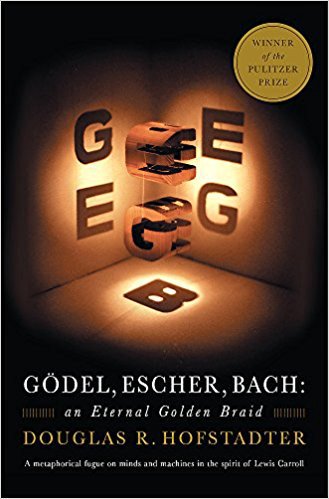Finite players play within boundaries; Infinite players play with boundaries."
If no amount of veiling can conceal the veiling itself, the issue is how far we will go in our seriousness at self-veiling, and how far we will go to have others act in complicity with us."











